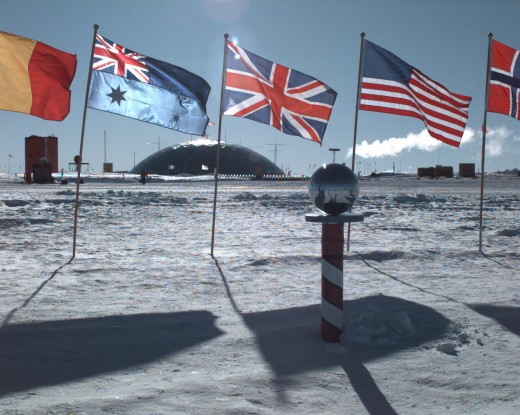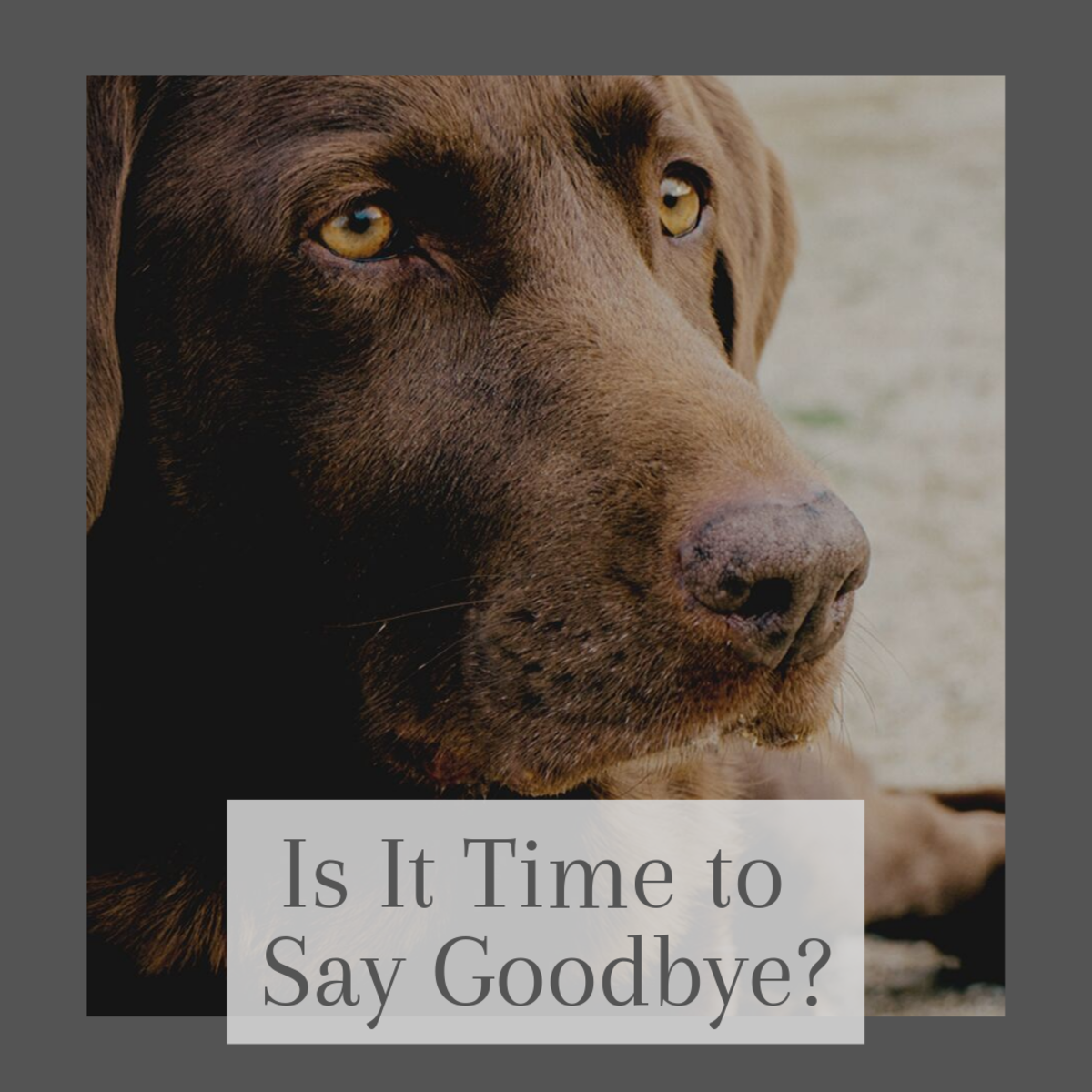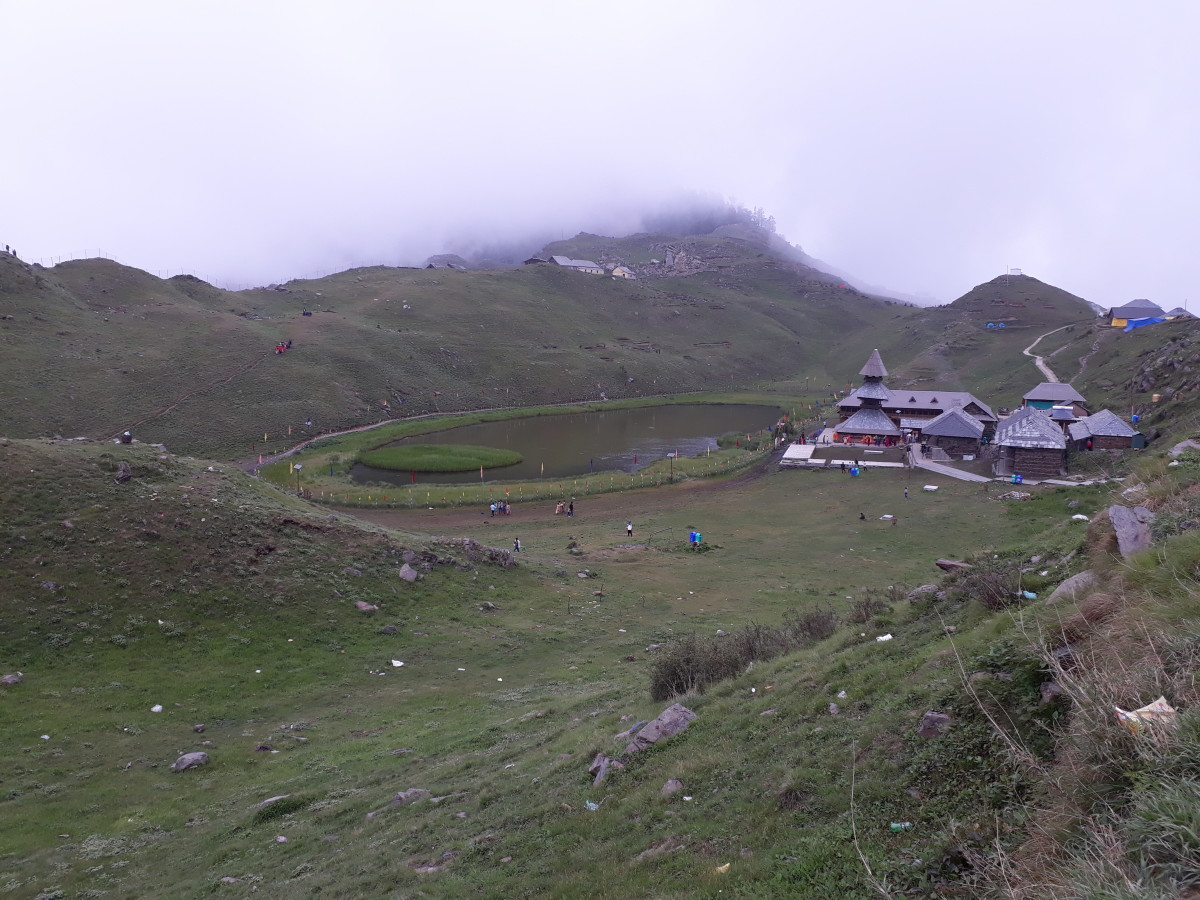The Safest Country in the World? Try Antarctica--This Piece Will Explain It All!
The Safest Place in the World? It Ain't America
Recently, I ran across a question on HubPages while surfing the good ol' interwebs. This question asked what the safest country in the whole wide world was. The real answer to this question might be a bit of a surprise.
It can't be America. Everyone here has guns and a bunch of the people are on some kind of mind-altering drug related to some sort of mental illness. This is not to condemn people with mental illness, just saying that mental illness and guns are not exactly a great mix. There are also criminals out there who have guns. Law-abiding citizens tend to buy guns to protect themselves from the criminals and the crazies.
According to Wikipedia, the US is a middle of the road country when it comes to international homicide rates--not as good as most European nations, but better than several other countries in this hemisphere.
Safest Countries?
What is the Safest Region of the World?
Traffic-Related Deaths--Still Not the US
Traffic can also be quite dangerous, especially when guns are used in the ever-popular wild gun chase. The US is not the most deadly nation when it comes to traffic-related deaths by any stretch of the imagination. I've driven through Chicago at rush hour, and while it's pretty annoying, it's nowhere near as scary as riding through Nairobi, Kenya--my official scariest ride of all time.
It appears that African nations do have vehicle-related death rates that are way higher than those in Europe or the United States. One nation that surprised me because of its traffic safety was the United Kingdom. How people can survive when they drive on the wrong side of the road is beyond me, but, apparently, they do a pretty good job of it.
The South Pole

Life Expectancy--Who Lives Longest?
Another barometer that could give a good estimate of which nation is the safest country in the world is life expectancy. Those born in Monaco today have a life expectancy of just under 90 at 89.73 years. Most of the countries with high life expectancies are those socialistic European nations that are having all sorts of debt problems. Since people can retire at 45 and be lazy, the debt problem is going nowhere.
Again, the United States is around the middle of the pack when it comes to life expectancy. Life expectancy is now just over 78 years in the good 'ol US of A. Interestingly, people who are born in Puerto Rico and the US Virgin Islands have a higher expectation.
Most of the nations with the lowest life expectancy are in Africa, with Swaziland coming in at no. 191 with a life expectancy of 31.88, which is about 1/3 of the life expectancy in Monaco.
The Safest Place in the World Is Probably Antarctica
Although it's not actually a country, I would consider Antarctica the safest place in the world, as long as you live in one of those scientific colonies. There are few people, and scientists don't usually seem to be the most violent sort. Also, there are no cars, planes, grizzly bears, or hippopotamuses there to speak of . I'm guessing most germs don't survive very well when it's 80 below, either. I'm pretty sure the murder rate is about 0 because hardly anyone lives there on a regular basis. Also, there are few hurricanes or tornadoes. Just make sure you stay in your scientific bubble when a massive snowstorm blows up.
I have gathered all (well...at least some...of the evidence). The question was thrown out--What is the safest nation on earth? Antarctica does not have some of the major hazards that other nations have, especially people. Therefore, my final answer as to the safest place on earth is Antarctica.
Of course, I would like to make one final note, however, the international space station may actually be safer, but getting there and back can be quite dangerous.
Please note that no actual hippopotamuses were injured in the writing of this Hub. I did not engage in any human testing, either. I believe that all of my writing conforms to EPA regulations. Therefore, you can do what you want with these findings. Share them. Rate them high. Plaster them as your homepage. Tweet them. Or, you could do something really, really radical, and just ignore them. Regardless, I hope you found this wonderful information entertaining.






